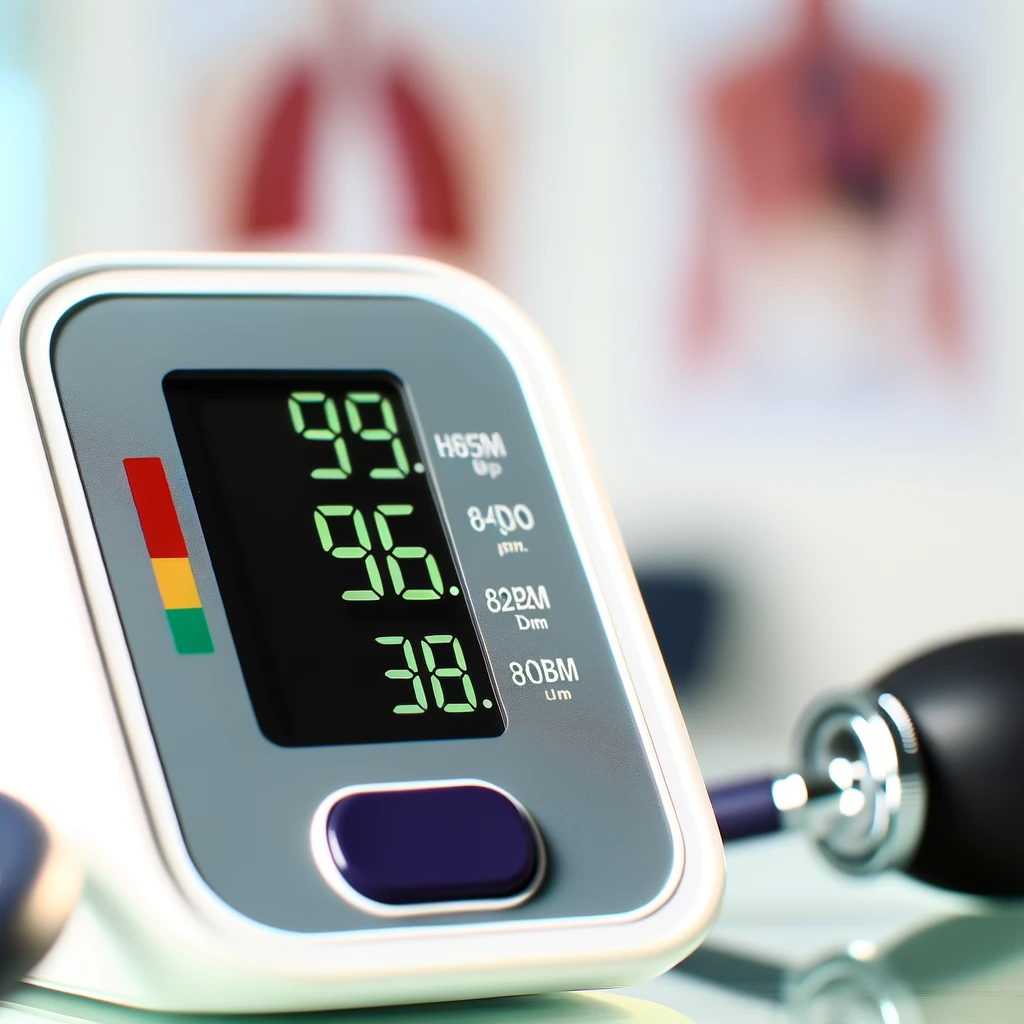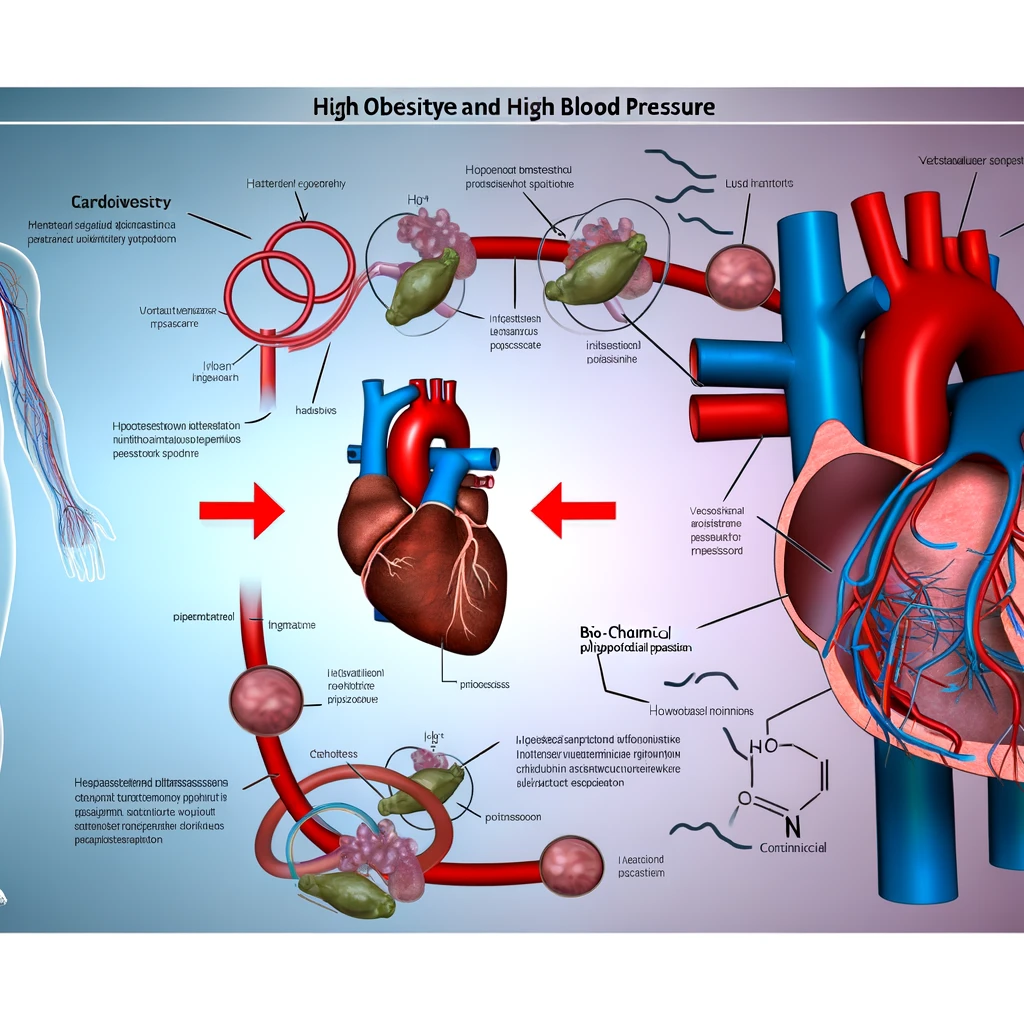Related Articles









Hypertension, commonly known as high blood pressure, is a prevalent health condition affecting millions worldwide. It is often referred to as a 'silent killer' due to its asymptomatic nature until it leads to severe health complications. One of the key factors associated with hypertension is stress, a ubiquitous part of modern life. Understanding the link between stress and hypertension is crucial for effective management and prevention of this condition.
Hypertension occurs when the force of the blood against the artery walls is too high. It is measured using two numbers: systolic pressure (the top number) and diastolic pressure (the bottom number). A normal blood pressure level is usually around 120/80 mmHg. Consistently high readings can lead to heart disease, stroke, and other health problems.
Stress is a natural physical and mental reaction to life experiences. Everyone encounters stress, which can be triggered by many different factors, including work, relationships, and financial pressures. While stress itself does not directly cause hypertension, it can lead to behaviors and factors that increase blood pressure, such as poor diet, lack of exercise, and excessive alcohol consumption.
When you're stressed, your body releases hormones like adrenaline and cortisol. These hormones temporarily increase your heart rate and elevate your blood pressure by narrowing your blood vessels. While these changes are intended to help you cope with immediate threats, chronic stress can lead to long-term high blood pressure and other health issues.
Numerous studies have explored the connection between stress and hypertension. A study published in the 'Journal of Hypertension' indicated that individuals who experience chronic stress are more likely to develop high blood pressure. The research also suggested that stress management techniques could significantly reduce the risk of hypertension.
Managing stress effectively can help mitigate its impact on hypertension. Here are some strategies:
While stress is an inevitable part of life, understanding its impact on hypertension and adopting effective management techniques can significantly reduce health risks. By taking proactive steps to manage stress, you can maintain healthy blood pressure and improve your overall well-being. Remember, if you have concerns about your stress levels or blood pressure, it is always best to consult with a healthcare professional for personalized advice.